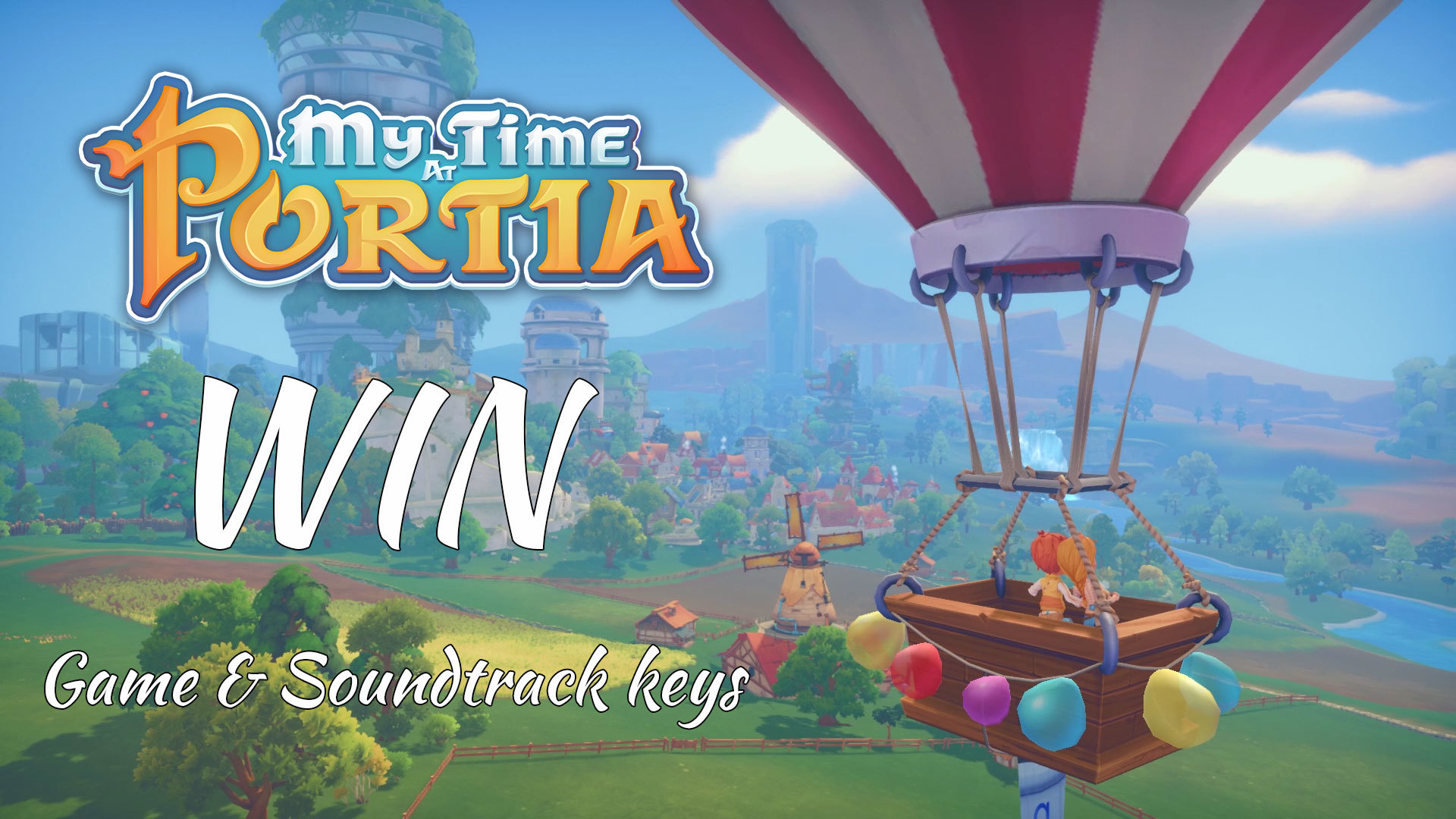
We’ve just rolled out a fresh hot fix for v2.0 and it’s a big one! This patch features bug and crash fixes as well as optimisation!
If you encounter any issues or find any bugs, please let us know in the report a problem forum. Below is a full list of changes.
- Fixed several crash issues.
- Fixed the bug causing babies to float in the air when they are being held.
- Fixed the bug where Albert would possibly walk into the sea during the mission ‘The Harbor Crane’.
- Fixed the bug causing Scraps to show up before the mission ‘A New Friend’.
- Fixed the crash when loading a save in the Haunted Cave.
- Fixed the bug causing the customized storage name to change back to default after players have upgraded their storage.
- Fixed the bug that if players participate in the fireside meeting, the content after ‘Ginger's Little Wish’ cannot be triggered.
- Fixed the bug causing the sound of a monster attacking to continue playing after the monster has been killed.
- Fixed the crash after the cutscene called ‘My Time at Portia’.
- Fixed the bug that several voices in game are cut off by the next voice.
- Added greetings for several NPCs.
- Optimised the volume of several audio files in game.
- Removed the depth of field in camera mode.
- Adjusted the appearance of different minerals in the ruins. (Players will need to reset the elevator in the ruins.)
- Adjusted the appearance of wheat across the different graphics settings. It will be hidden in the fastest graphics setting.









